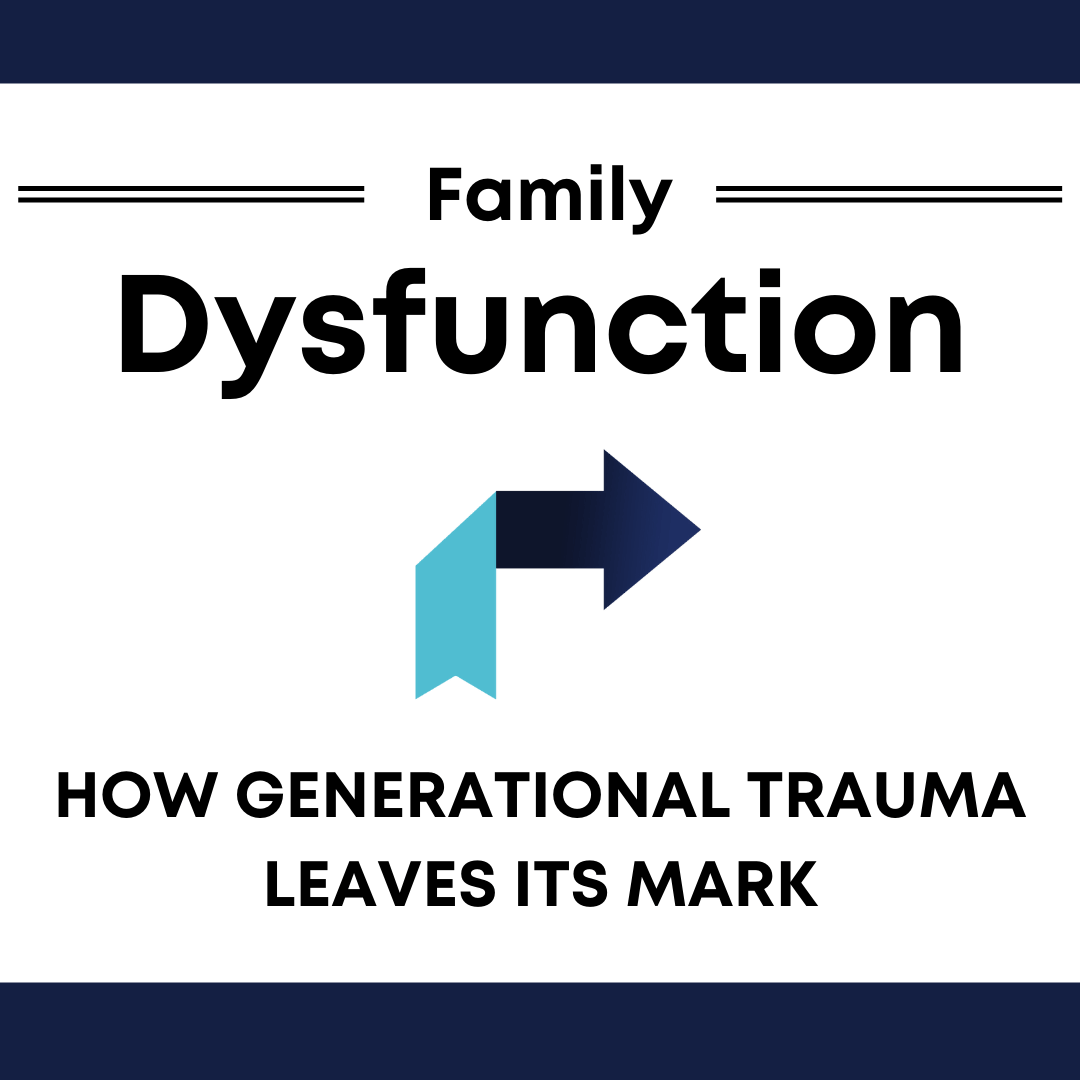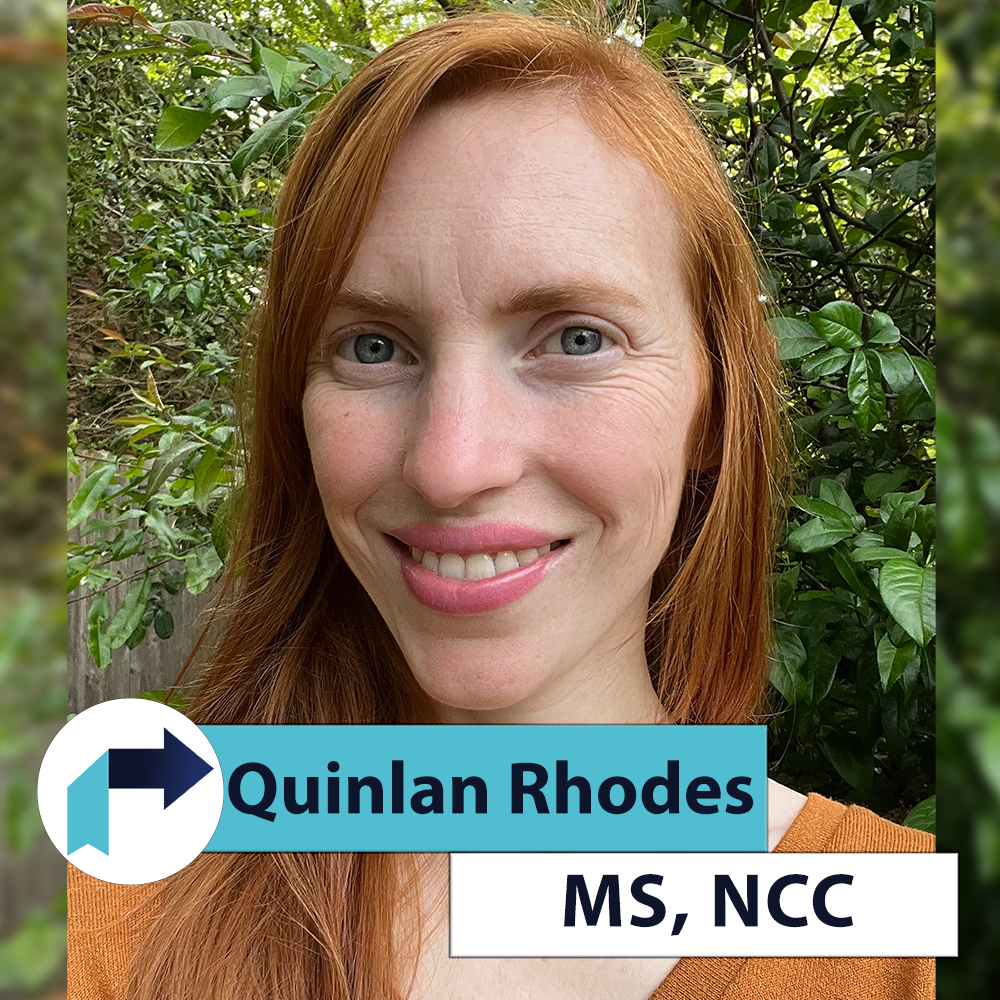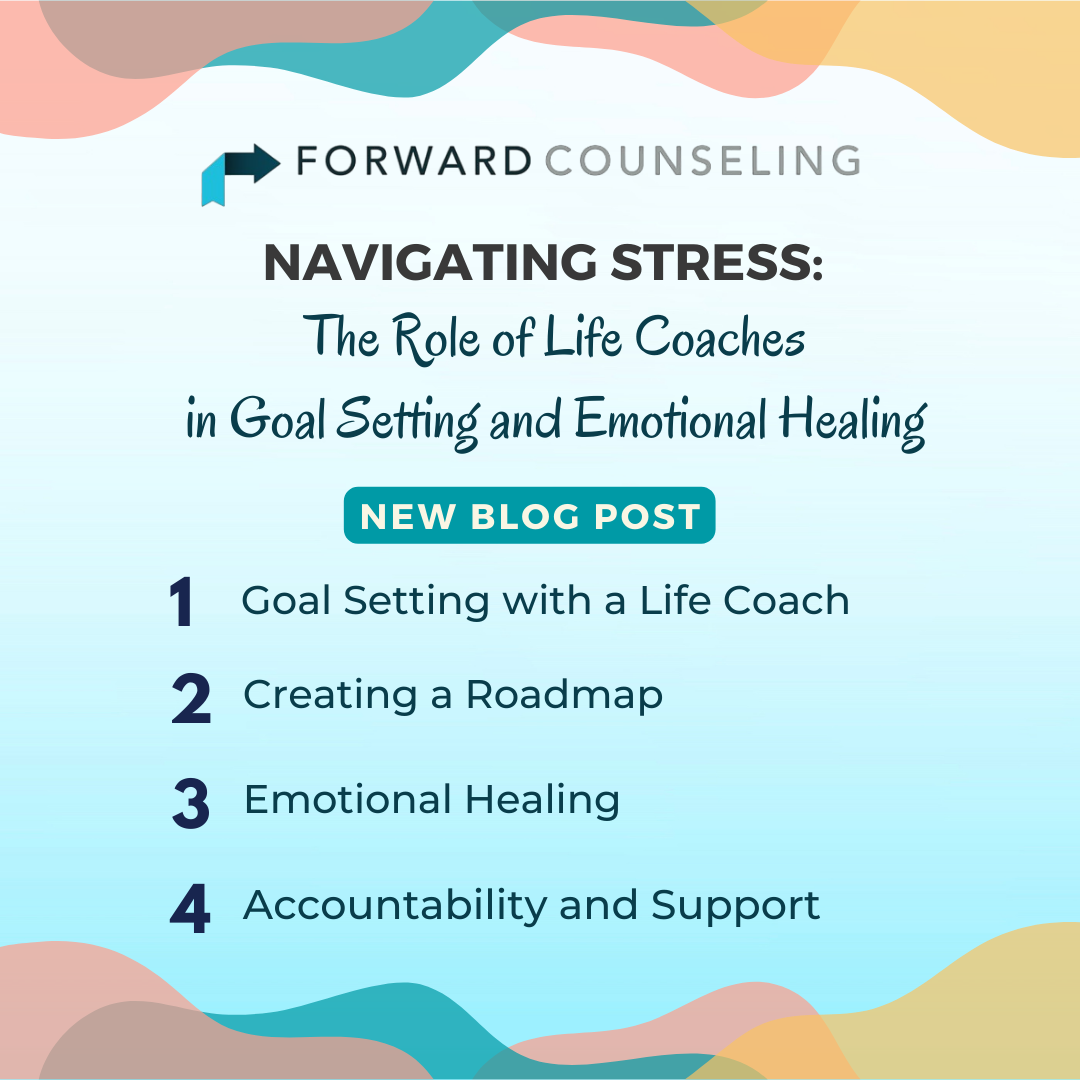Parents aim to raise children to make the best choices in life, while also giving them the room to grow and make mistakes without judgement. Sounds easy? You’re not alone if your answer is a resounding “NO!” Regulating emotions and behaviors can be especially difficult with children who are not old enough to understand their emotions.
Finding the middle ground between discipline, guidance, and acceptance can be one of the most difficult yet important things you do for your children. Play therapist Calvin Clark is trained to help children realize they are equipped with the ability, knowledge, and confidence in their internal locus of control to be able to independently make the best decisions possible in life, and ultimately become an amazing adult who makes the world a better place.
Play therapy is a therapeutic approach that utilizes games and play to provide a safe space for clients to express feelings and explore behaviors, thoughts, and experiences (Landreth, 11). Typically before age 12, children are not yet equipped with the words and skills to fully express themselves in a typical talk therapy environment, like an adult can. Play therapy utilizes the language children already know; play.
Clients are encouraged to spend the sessions doing whatever they may wish to do at that moment; some kids like to play a board game, with a sand tray, wooden blocks, a doll house, or a punching bag. Purposeful play allows creativity and imagination to be the door through which children can walk through and reflect on their experiences and emotions.
In the playroom, the first session is with the parent/guardians to discuss the family history and create an individualized plan for treatment. Calvin is open to providing suggestions to help equip parents who may be working on developing their personal parenting styles, as well. Calvin explains how he creates a safe space in the playroom which allows even the most apprehensive of children to process emotion, gain confidence, and realize their true power.
Calvin opens the floor to whatever the child wants to do at that moment and encourages risks, exploration, and discussion of behaviors. He utilizes recognition of behavior patterns and the way a child may interact with him while they play. For example, take a child asking questions they may seemingly know the answer to- in the playroom, that may be as simple as a child verifying with Calvin if a toy they have is green.
“Children often question what they already know to be true, to verify if their perception is reality.” Calvin will often reflect the question back to the child to validate that they are equipped with the correct answers. By equipping children with the ability to stop questioning themselves and looking to the outside world for validation, the growth of a healthy individual is fostered. Calvin has the belief that children already have everything they need internally to process and move through difficult experiences. His role as a provider is as observer, affirmer, reflector, and creator of the safe space through which one can use their creative, playful minds to best grow.
Play therapy is a useful tool for helping children recognize positive and negative actions and behaviors. Negative behavior is not the sign of a bad child but the sign of a child dealing with emotions, thoughts, feelings, and adverse experiences which need to be explored. With Calvin, the therapy session is not punitive in nature. Negative seeming behaviors will not be shamed, but explored, in order to analyze the symptoms and encourage the healing of the underlying cause of those actions.
Children may try to test limits, and Calvin explains a great way to set the limit is by using Landreth’s “ACT” method: acknowledging the intention of the action, communicating the limit, and targeting an acceptable alternative. Every child has the ability within them to recognize positivity and replace behaviors.
Children behave in a way that gets their needs met, and they can often recognize when a behavior is no longer of benefit to them. When a behavior is in need of being changed, limits are set and an alternative behavior is introduced. By helping kids realize they have the power to make a different decision, and the power to make the BEST ones, life is improved. Calvin provides an example of utilizing the ACT method with a kid who is acting out by hitting. Utilizing the “ACT” method in session, Calvin would:
Acknowledge the feeling: “I can see that you’re really frustrated right now.”
Communicate the limit: “but I am not for hitting.”
Target an acceptable alternative: “If you want to hit something, you can choose to hit the bop bag or a stuffed animal.”
Whether it be at home or at school, we want to equip our children with the knowledge that they are capable of making choices and decisions that are in their best interest.






















